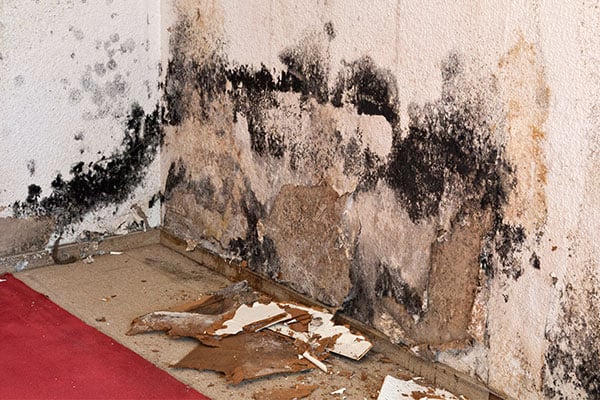Commercial mold inspection and testing are essential practices aimed at preventing health hazards and maintaining the integrity of commercial properties. Mold, a type of fungus, thrives in moist environments and can spread rapidly if left unchecked. Beyond being unsightly and causing structural damage, mold poses significant health risks to occupants of commercial buildings. The first step in effective mold management is a thorough inspection conducted by trained professionals. These inspections involve a comprehensive assessment of the entire property, focusing on areas prone to moisture accumulation such as basements, attics, bathrooms, and kitchens. Experienced inspectors use specialized equipment like moisture meters and infrared cameras to detect hidden moisture and potential mold growth behind walls or ceilings. During the inspection process, samples of suspected mold may be collected for testing in accredited laboratories. This testing determines the type and concentration of mold present, providing crucial information for developing an appropriate remediation plan. Identifying the specific type of mold is essential as certain species, such as Stachybotrys chartarum black mold, can produce mycotoxins that pose serious health risks.

Commercial mold inspections also assess indoor air quality, as mold spores can become airborne and circulate throughout the building, leading to respiratory issues and allergic reactions among occupants. Monitoring air quality ensures that any mold contamination is identified promptly and addressed effectively. Following the inspection and testing phase, certified mold remediation specialists develop a tailored remediation plan based on the findings. This plan outlines the steps needed to safely remove mold and prevent its recurrence. Remediation typically involves containment of affected areas to prevent cross-contamination, thorough cleaning or removal of contaminated materials, and application of antimicrobial agents to inhibit mold growth. Implementing preventive measures is equally crucial in commercial mold management. Building maintenance practices such as prompt repair of leaks, adequate ventilation, and regular inspection of HVAC systems help control moisture levels and discourage mold growth.
Regular monitoring and periodic re-inspections are recommended to ensure the long-term effectiveness of mold management efforts. This proactive approach helps maintain a healthy indoor environment and protects the investment value of commercial properties. Property owners and managers should consider integrating mold management into their overall building maintenance strategy to minimize risks and liabilities associated with mold-related health issues. In addition to health concerns, mold can impact a commercial property’s reputation and financial stability. Visible mold growth can deter potential tenants or customers, Mold Remediation Near Me leading to decreased occupancy rates and revenue loss. Addressing mold promptly through professional inspection, testing, and remediation demonstrate a commitment to occupant health and safety while safeguarding the property’s marketability and value. By identifying and addressing mold issues early, property owners and managers can mitigate health hazards, protect against liability, and maintain a safe and attractive environment for tenants, employees, and visitors alike.
